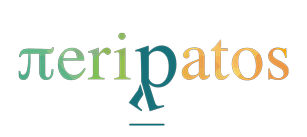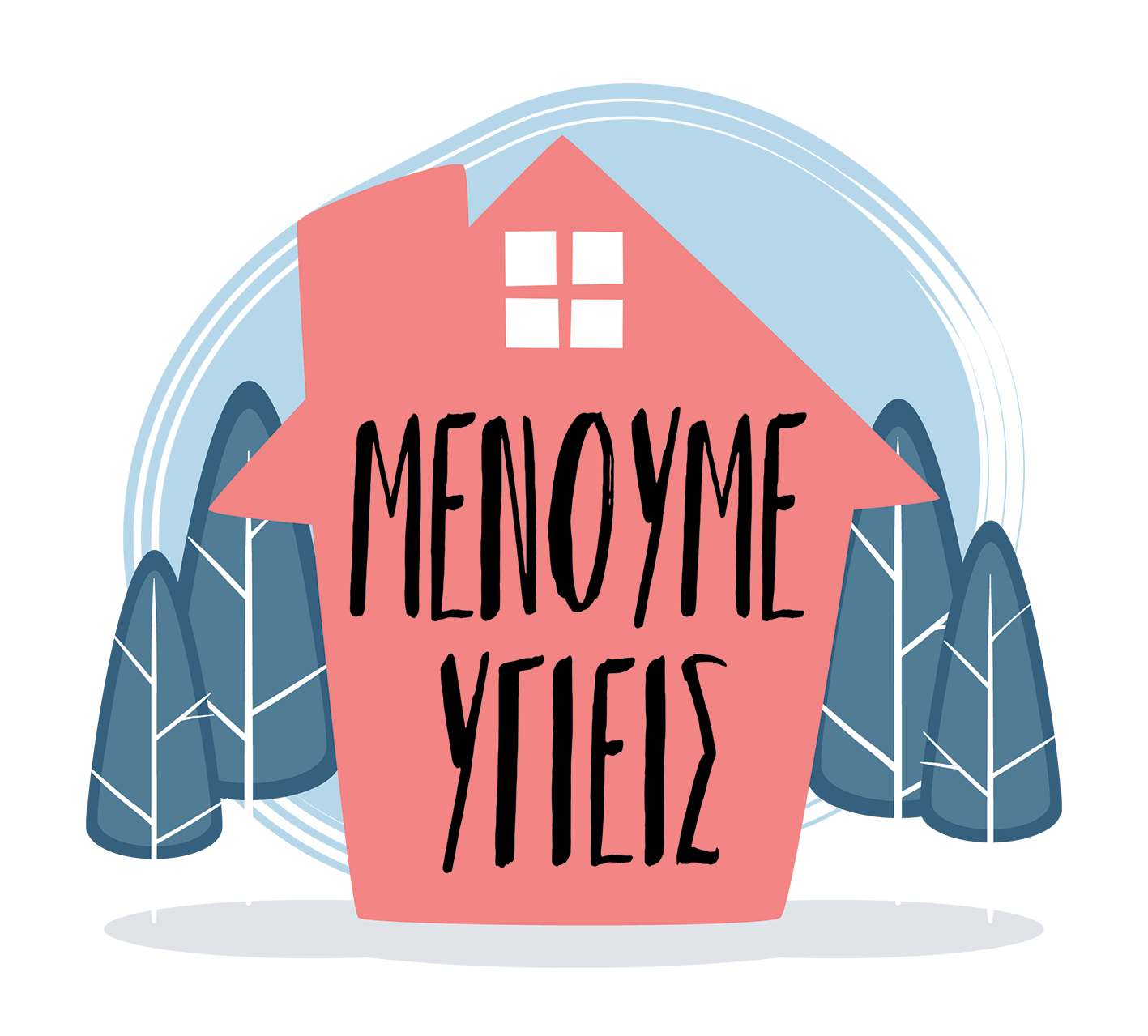Stay Safe!
Do you want to keep your brain active, to learn about history and culture, and also have a fun time? Our classic playful, cultural experiences are here for you!
Entering the 3rd week of staying at home, Peripatos brainstormed ideas, did research, designed games and now invites you to join us online!
Certainly our daily lives have been overthrown, antiseptics have become an essential accessory, and ensuring the health of all of us is now society’s top priority.
So, we designed a set of games, puzzles and crosswords all centered around the practice and theme of Hygiene (THE talk of the town!). These activities will take us on a journey through time, from ancient baths, to the discovery of hand washing (yes, it was a discovery, for many even to this day) up to the establishment of the modern toilet!
The process is simple. Our meeting point is our website, where from Monday, March 30 to Friday April 3 2020, every day at 11:00, we will be sharing a new game.
Need help? Through our Instagram and Facebook accounts, we will be offering bonus hints! Every day, at 18:00, we will post an extra clue, on both platforms.
We believe that the joy of participation is priceless, but to help boost some optimism as we slowly return to our daily lives, we also have some gifts for you! Once it’s safe to be out and about again, 5 lucky winners will win an invitation for 2 to a classic treasure hunt designed by our team.
Day 1: We are starting off easy and creatively! The need for personal hygiene was born as early as prehistoric times. Initially, the bath was a modest room with many pots and a cauldron of water. The visitors were smeared with olive oil, mixed with fragrances and then rubbed their bodies off with a strigil (curved metal plate with a round handle) and rinsed with water.
However, it was the Romans, who transformed bathing into a social ritual and created monumental buildings. Wherever the Romans went, they built public baths and carried on the habit of washing, which turned into a daily ritual, even for the slaves.
The Roman bathing system was inherited by the Arabs, and later by the Turks. The famous hammams became places of daily social gathering, cleanliness, relaxation and purification. A visit to the hammam accompanied all the great moments of life: birth, adulthood, marriage. Muslims and Jews also had much better hygiene habits than Christians, as public nudity was banned by the church. As a result, but mainly because of the black plague, public baths almost disappeared in Europe. At the time, people believed that opening the pores through bathing would make them more susceptible to illness. Dirt was seen as “protection” against germs, while water was considered unhealthy.
Below, you will find an image of a typical Roman bath, however, 7 objects from another era have made their way in. Can you spot them?
Day 2: In our quest for cleanliness, there is no more drastic and effective combination than water and soap. For centuries, it remained a well-kept secret, only discovered by humanity in 2020… (No no, we are joking of course!). Still, the evolution of soap has followed the course of hygiene across various historical periods and their relationship has not always been one of peaceful coexistence.
Personal hygiene was already practiced in prehistoric times, but packaged soaps and shampoos only appeared many centuries later. Below you will find some recipes for soaps and other personal and household hygiene cleaning usage, as they have been used throughout the centuries.
Can you identify them and complete the crossword?
Day 3: Perhaps, it is the most personal moment of our daily lives. Though, it has not always been that way, nor is the case everywhere today.
Even now, a significant portion of the world’s population lacks access to basic toilet facilities, which contributes to the spread of diseases, such as cholera.
We present some information related to toilet hygiene. Can you find the missing words in the word search puzzle?
Day 4: The revolution in hygiene happened quite recently. It was the 19th century that brought to light a series of discoveries, which helped us to better understand the mechanisms behind hygiene, and led to a better quality of life.
Today’s puzzle is based on the famous “Einstein’s riddle”. Below, you will find 5 discoveries relating to hygiene. Can you find who made them, when and where?
Read the clues carefully. You have to match each person with their discovery, the year it was made, and the place where it happened. Mark ✔ where two clues match and X for those that don’t, within the same square’s row or column. Start by marking the clues that you have certain information about and by excluding data you will confirm the clues that are pending.
Extra tip! By cross checking the clues you have found on the vertical and horizontal lines of the board, you will see that since two clues fit in one line indirectly this information gives the answer for other boxes.
A quick search online will show you various methods for solving this type of puzzle. We have provided a board to help you get started, but feel free to solve it in whatever way works best for you.
Day 5: The word pandemic derives from the Greek words παν (=all) and δήμος (= people). It refers to a disease epidemic that spreads rapidly across a large region and threatens a significant portion of the world’s population. Since 1948, the World Health Organisation (WHO), a specialised agency of the United Nations, has been responsible for international public health. Throughout history, there have been numerous pandemics.
By discovering a few of them, you will uncover the clues you need to decode today’s hidden message. Can you crack it?

